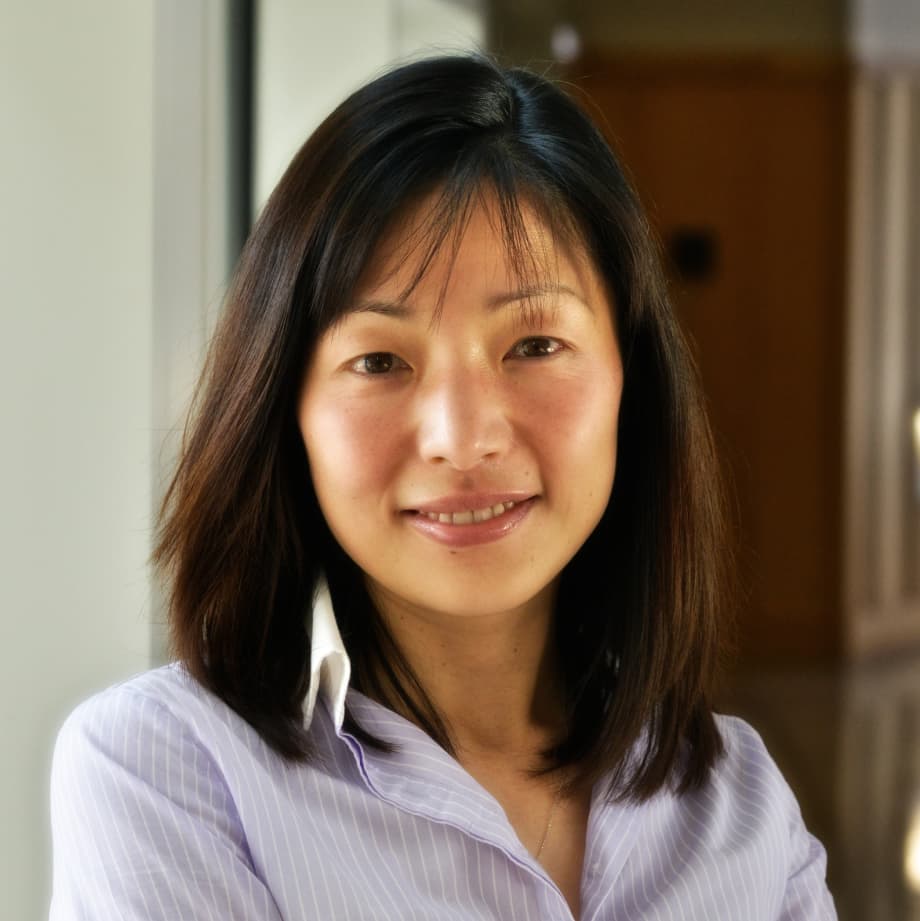ahimsa
Senior Member (Voting Rights)
The Latest on Long Covid Research with Dr. Iwasaki
Hosted by Body Politic
Mon, April 4, 2022
3:00 PM – 4:00 PM Pacific / 6:00 PM - 7:00 PM Eastern
Register here - https://www.eventbrite.com/e/the-latest-on-long-covid-research-with-dr-iwasaki-tickets-308247335077
Or watch free on the Body Politic youtube channel - https://www.youtube.com/channel/UCuMpekylMvYax3mCk9Cxw4g
Tweet from https://twitter.com/itsbodypolitic :
Hosted by Body Politic
Mon, April 4, 2022
3:00 PM – 4:00 PM Pacific / 6:00 PM - 7:00 PM Eastern
Register here - https://www.eventbrite.com/e/the-latest-on-long-covid-research-with-dr-iwasaki-tickets-308247335077
Or watch free on the Body Politic youtube channel - https://www.youtube.com/channel/UCuMpekylMvYax3mCk9Cxw4g
eventbrite.com said:Dr. Iwasaki will give a presentation on Long Covid Research then answer questions from Body Politic members.
Akiko Iwasaki, Ph.D., is a Sterling Professor of Immunobiology and Molecular, Cellular, and Developmental Biology at Yale University, and an Investigator of the Howard Hughes Medical Institute.
She received her Ph.D. from the University of Toronto in Canada and her postdoctoral training from the National Institutes of Health.
Her research focuses on the mechanisms of immune defense against viruses at the mucosal surfaces, and the development of mucosal vaccine strategies.
She is the co-Lead Investigator of the Yale COVID-19 Recovery Study, which aims to determine the changes in the immune response of people with long COVID after vaccination.
Dr. Iwasaki also leads multiple other studies to interrogate the pathobiology of long COVID, both in patients, and through developing animal models of long COVID.
Tweet from https://twitter.com/itsbodypolitic :

